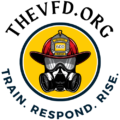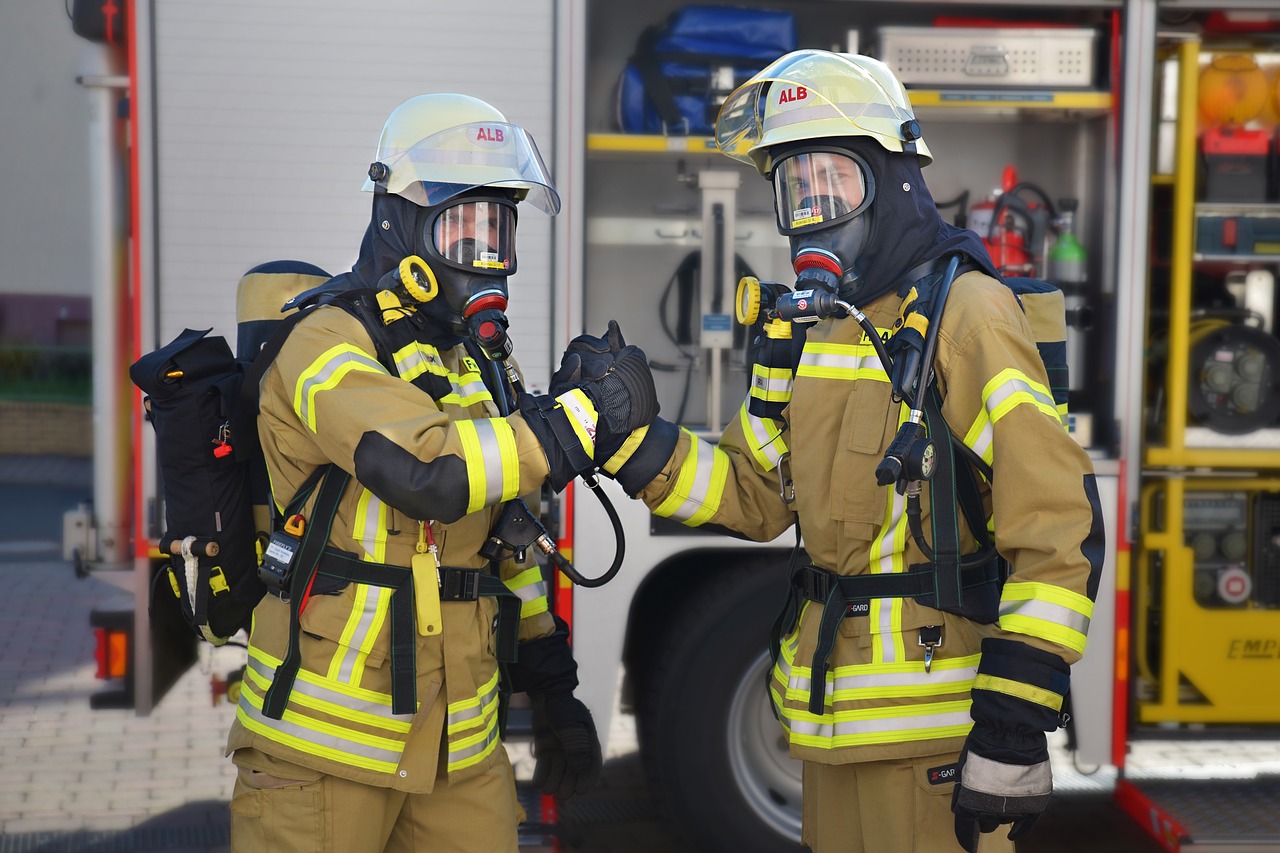It’s imperative for members of the volunteer fire department to possess strong communication skills in order to effectively respond to emergency situations. In this blog post, we will discuss the importance of clear and concise communication among team members, as well as with other emergency services to ensure a coordinated and efficient response. Effective communication can make the difference between a successful outcome and a potential disaster, making it a critical skill for all volunteer firefighters.
Key Takeaways:
- Clear communication: Effective emergency response in a volunteer fire department heavily relies on clear and concise communication among team members.
- Training and drills: Regular training and drills on communication skills are crucial for improving coordination and response efficiency during emergencies.
- Use of technology: Incorporating modern communication tools and technology can enhance the speed and accuracy of information sharing within the volunteer fire department.
Understanding the Basics of Communication
Verbal Communication Skills
One necessary aspect of effective emergency response in the volunteer fire department is mastering verbal communication skills. Clear and concise verbal communication is crucial during high-pressure situations to ensure that instructions are understood quickly and accurately. Volunteering firefighters must practice active listening, speak confidently, and use simple language to relay important information effectively to team members and other emergency responders.
Nonverbal Communication Cues
Skills in nonverbal communication cues are equally important for volunteer firefighters in the fire department. Nonverbal cues such as body language, facial expressions, and gestures can convey a lot of information without saying a word. Understanding and interpreting these cues can help volunteers anticipate needs, assess situations, and communicate effectively even in noisy environments where verbal communication may be challenging.
Nonverbal communication skills can also help in building trust and rapport with community members during emergencies, which is necessary for effective crisis management and response. Volunteers must be aware of their own body language and be attentive to the nonverbal cues of those around them to enhance communication and collaboration in emergency situations.
Communication During an Emergency
Establishing Clear Protocols
Even in highly stressful situations, establishing clear communication protocols is vital for efficient emergency response. Clear protocols help ensure that information is relayed quickly and accurately among team members, preventing confusion and ensuring everyone is on the same page. Regular training and drills on these protocols can help volunteers become more familiar with them, making communication smoother during actual emergencies.
Effective Use of Communication Equipment
During an emergency, effective use of communication equipment is crucial for coordinating efforts and relaying important information. Volunteers must be trained on how to properly use equipment such as radios, phones, and other communication tools. Regular maintenance checks on equipment should also be conducted to ensure they are in working condition when needed most.
Protocols for using communication equipment should be established, including designated channels for specific types of communication, such as emergency signals, status updates, and instructions from incident commanders. Volunteers should be familiar with these protocols to ensure efficient communication during emergencies.
Team Dynamics and Interpersonal Communication
Improving Team Cohesion through Communication
All successful volunteer fire departments rely on strong team dynamics and effective communication among members. Improving team cohesion through communication is vital for ensuring quick and effective responses to emergencies. Regular team meetings, clear communication channels, and fostering a culture of respect and trust are key elements in enhancing team cohesion. By encouraging open dialogue and active listening, team members can better understand each other’s strengths, weaknesses, and perspectives, leading to a more unified and efficient response team.
Conflict Resolution Strategies for Volunteers
One of the challenges volunteer fire departments face is managing conflicts among team members, which can hinder performance and create tension within the group. It is crucial to have conflict resolution strategies in place to address disputes effectively and maintain a harmonious work environment. By promoting open communication, encouraging constructive feedback, and providing training on conflict resolution techniques, volunteer fire departments can effectively manage and resolve conflicts in a professional and respectful manner.
Through proactive communication and a commitment to resolving conflicts promptly, volunteer fire departments can build a strong and cohesive team that is better equipped to handle emergency situations efficiently.
Community Interaction and Education
Engaging with the Community Pre-Emergency
After establishing a solid foundation within the community, volunteer fire departments can enhance their effectiveness by engaging with community members before emergencies occur. This can involve hosting open houses, participating in local events, or conducting fire drills in schools and neighborhoods. Building relationships and establishing trust with residents can lead to quicker emergency response times and better outcomes during crises.
Educating the Public on Fire Safety and Prevention
Community education is a crucial component of fire prevention efforts. Volunteers can educate the public on fire safety through workshops, demonstrations, and distribution of educational materials. Topics may include creating escape plans, checking smoke alarms regularly, and identifying and mitigating fire hazards in the home. By empowering individuals with the knowledge and skills to prevent fires, volunteer fire departments can help reduce the number of emergencies in their communities.
Safety: In addition to teaching fire safety practices, volunteer fire departments can also provide information on how to use fire extinguishers effectively, the importance of carbon monoxide detectors, and the dangers of unattended cooking or candles. Continuous education and reinforcement of safety measures can significantly decrease the likelihood of fire-related incidents.
Final Words
The ability to effectively communicate is crucial for volunteer firefighters to respond efficiently and safely to emergencies. By honing their communication skills, members of the volunteer fire department can ensure that vital information is relayed accurately and quickly during high-stress situations. Through regular training and practice, responders can improve their ability to coordinate efforts, make informed decisions, and ultimately, save lives. Effective communication is the cornerstone of a successful emergency response, making it a skill that all firefighters must continuously develop and refine.


